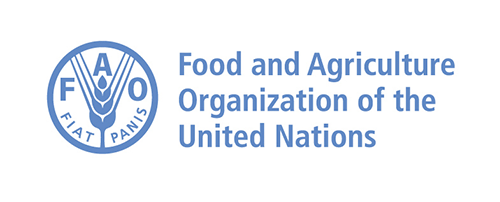The FAO Legal Office provides in-house counsel in accordance with the Basic Texts of the Organization, gives legal advisory services to FAO members, assists in the formulation of treaties on food and agriculture, for which the Director-General acts as Depositary, publishes legal studies and maintains a database (FAOLEX) of national legislation and international agreements concerning food and agriculture (including fisheries, forestry and water).
Members:
Resources
Displaying 1816 - 1820 of 15550Ordonnance 0/92/019 portant Code foncier et domanial.
Le Code foncier et domanial est un document détaillé qui définit les lois fondamentales de la propriété privée et publique et d'autres droits réels, et la transmission de ces dits droits. Le droit de propriété est absolu de principe, et ne peut être limité que par des dispositions prévues par la loi (art. 2). La loi donne une liste des autres droits réels (art. 14). Parmi ceux-ci figure une convention de longue durée, de quinze à quatre-vingt-dix-neuf ans, susceptible d'hypothèque (art. 17 à 27).
Constitution of Mongolia.
Mongolia is an independent, sovereign republic (Article 1). Mongolia's economy is based on different forms of property following both universal trends of world economic development and national specifics. The State recognizes all forms of both public and private property and legally protects the right to ownership. The livestock of the country is national wealth and subject to state protection. The land, its subsoil, forests, water, fauna, and flora and other natural resources are subject to national sovereignty and state protection.
National Forest Policy Statement – A New Focus for Australia’s Forests.
This Statement outlines agreed objectives and policies for the future of Australia's public and private forests. The Governments share a vision of ecologically sustainable management of Australia's forests. This vision has a number of important characteristics: 1) The unique character of the Australian forested landscape and the integrity and biological diversity of its associated environment is retained. 2) The total area of forest is increased. 3) There is a 'holistic' approach to managing forests for all their values and uses so as to optimise benefits to the community.



